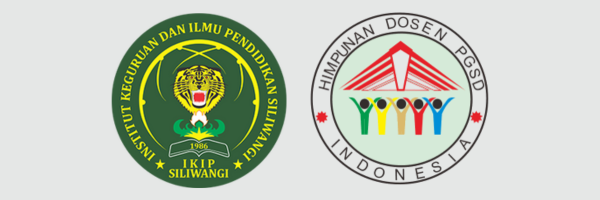21st Century Learning Through The Stages Of The Teaching At The Right Level Approach For Grade IV Students Of Integrated Islamic
DOI:
https://doi.org/10.22460/pej.v8i1.4609Abstract
21st-century skills generally refer to the core competencies of digital learning, critical thinking, and real-world problem-solving. These skills are developed to help learners keep up with modern developments, as learners are now considered active learners and not just spectators and listeners. Based on this opinion, the skills that are expected to be formed are critical thinking skills, digital literacy knowledge and abilities, information literacy, media literacy, and mastering information and communication technology. Research is carried out through qualitative methods through the stages of observation, interviews to identify problems, conducting discussion group forums, making questionnaire instruments, observation guidelines, and interview guidelines. This is confirmed by the learning outcomes available to students, as they have been completed thoroughly. Science Learning Grade 4 students performed well, with an average student score of 82.21 points higher than the Learning Objectives Achievement Standard of 84 percent, or 16 points and 16 percent, which means 3 students have not met the Learning Objectives Achievement Standard. The maximum price is 100 and the lowest price is 41. These percentages indicate that applying the TARL method and problem-based learning (PBL) models to 21st-century learning improves students' critical thinking, problem-solving skills, and intelligence.
Downloads
Published
Issue
Section
License

This work is licensed under a Creative Commons Attribution-ShareAlike 4.0 International License.
The author is responsible for acquiring the permission(s) to reproduce any copyrighted figures, tables, data, or text that are being used in the submitted paper. Authors should note that text quotations of more than 250 words from a published or copyrighted work will require grant of permission from the original publisher to reprint. The written permission letter(s) must be submitted together with the manuscript.











